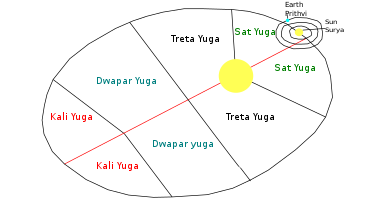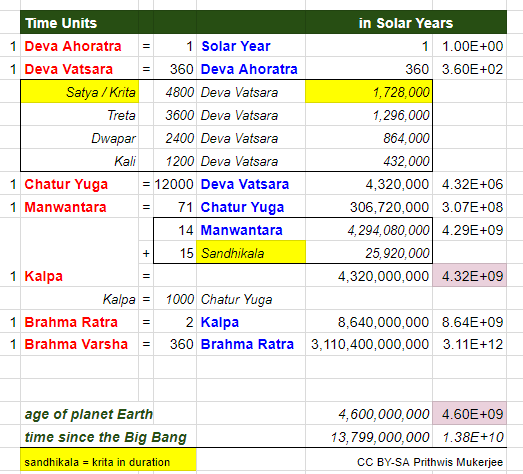St. Thomas Aquinas was a 13th century Italian priest and theologian. He was the first Christian to write a formal, comprehensive systematic theology and he synthesized Aristotle and Christianity (which was quite controversial since Christianity up to that point had been philosophically neo-Platonist). His work has been highly influential throughout Western Christianity on both theological and moral thought. Basically, he was a big deal.
One of the other reasons he was a big deal is because he developed 5 "ways," or arguments, for God's existence. I thought we would walk through them here. Starting with the First Way:
What do you think? Does this prove God exists? Are there any flaws in this argument?
One of the other reasons he was a big deal is because he developed 5 "ways," or arguments, for God's existence. I thought we would walk through them here. Starting with the First Way:
Tom said:The existence of God can be proved in five ways.
The first and more manifest way is the argument from motion. It is certain, and evident to our senses, that in the world some things are in motion. Now whatever is in motion is put in motion by another, for nothing can be in motion except it is in potentiality to that towards which it is in motion; whereas a thing moves inasmuch as it is in act. For motion is nothing else than the reduction of something from potentiality to actuality. But nothing can be reduced from potentiality to actuality, except by something in a state of actuality. Thus that which is actually hot, as fire, makes wood, which is potentially hot, to be actually hot, and thereby moves and changes it. Now it is not possible that the same thing should be at once in actuality and potentiality in the same respect, but only in different respects. For what is actually hot cannot simultaneously be potentially hot; but it is simultaneously potentially cold. It is therefore impossible that in the same respect and in the same way a thing should be both mover and moved, i.e. that it should move itself. Therefore, whatever is in motion must be put in motion by another. If that by which it is put in motion be itself put in motion, then this also must needs be put in motion by another, and that by another again. But this cannot go on to infinity, because then there would be no first mover, and, consequently, no other mover; seeing that subsequent movers move only inasmuch as they are put in motion by the first mover; as the staff moves only because it is put in motion by the hand. Therefore it is necessary to arrive at a first mover, put in motion by no other; and this everyone understands to be God.
What do you think? Does this prove God exists? Are there any flaws in this argument?


